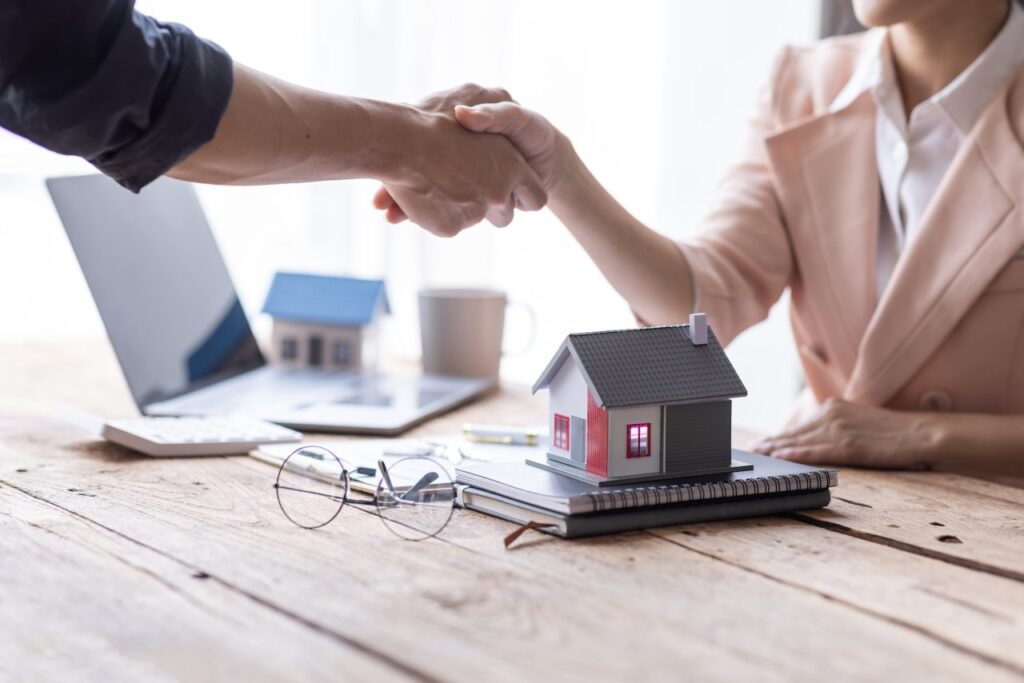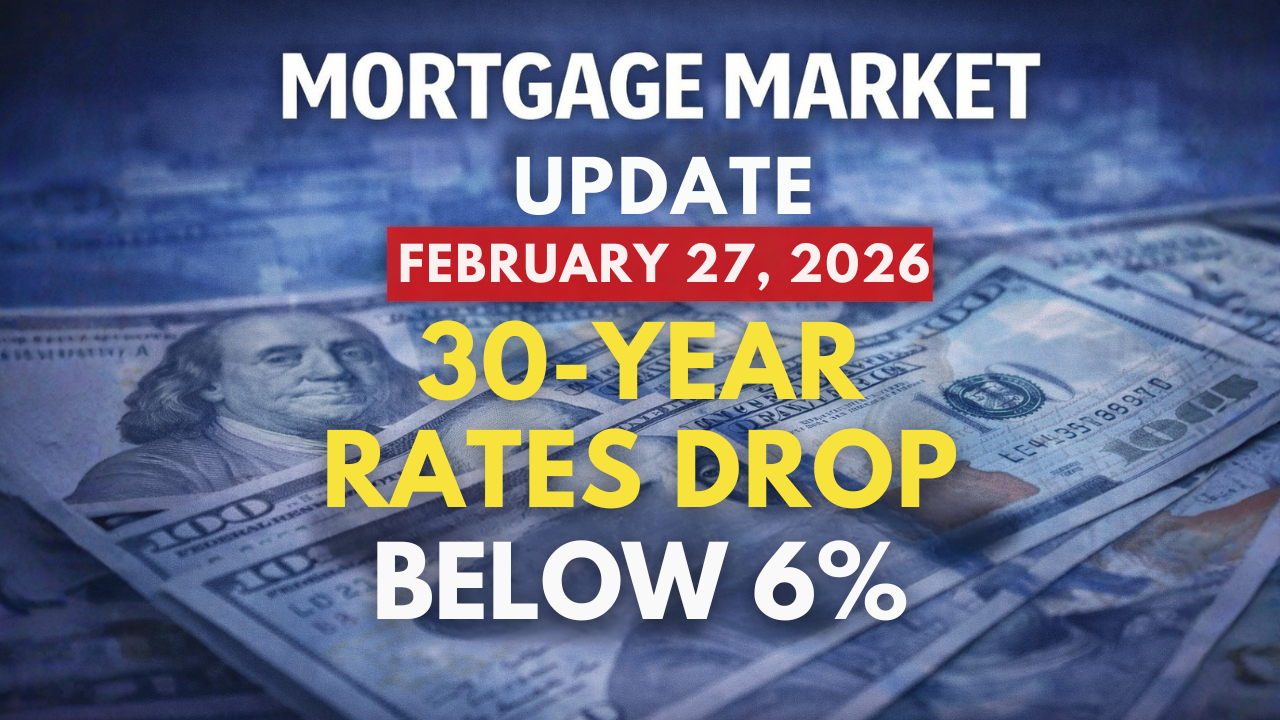Buying a house can feel like a dream come true, but the financial aspect can be overwhelming, especially when it comes to finding an affordable home loan program. Many people struggle with the cost of purchasing a home. The good news is that there are plenty of affordable home loan programs designed to help homeowners with lower down payments, competitive interest rates, and flexible terms. This guide will help you understand the options available so you can find the best fit for your homebuying needs.
Key Takeaways:
- Affordable home loan programs can offer low down payments, flexible eligibility, and lower interest rates.
- Government-backed programs like FHA, VA, and USDA loans can help first-time homebuyers or those with moderate incomes.
- It’s important to explore different programs and understand their requirements, so you can choose the one that best fits your situation.
Understanding Affordable Home Loan Programs
Affordable home loan programs are designed to make buying a home easier, especially for those who might not have a large down payment or perfect credit. These programs offer benefits like lower down payments, better interest rates, and simpler eligibility requirements. The goal is to help more families and individuals purchase homes, even if they don’t have a lot of savings.
There are several types of programs available, each one made to help different kinds of prospective homebuyers. Whether you’re a first-time buyer, a veteran, or someone living in a rural area, there’s probably an affordable home loan program that can work for you.
These programs encourage homeownership by making it more achievable and less stressful. By understanding how they work, you can find the right option for you and take the first step toward owning your own home.

Government-Backed Affordable Home Loan Programs
There are several government-backed home loan programs designed to help very-low-income homebuyers. These programs offer various benefits, such as low down payments, competitive interest rates, and more flexible program eligibility criteria. Let’s take a look at some of the most common ones:
Loan Type | What It Is | Why It’s Affordable | Eligibility Criteria |
FHA Loans | Insured by the Federal Housing Administration; ideal for first-time buyers. | Low down payment (3.5%) and flexible credit requirements. | Must meet income limits and credit score requirements. Good for those with limited credit history. |
VA Loans | Available to veterans, active-duty service members, and select members of the National Guard and Reserves. | No down payment and no PMI, significantly reducing monthly costs. | Based on military service history. Must meet VA eligibility guidelines. |
USDA Loans | Backed by the U.S. Department of Agriculture for rural and suburban homebuyers. | No down payment, lower interest rates, and reduced mortgage loan insurance. | Must meet income eligibility limits and buy in qualifying USDA rural development areas. |
Additional Affordable Home Loan Options
Aside from government-backed loans, there are other affordable home loan options that might be a good fit for you. These programs also help make homeownership more accessible, especially if you’re looking for a low down payment or better loan terms. Let’s look at three popular options:
Loan/Program | What It Is | Why It’s Affordable | Eligibility Criteria | Why Consider It? |
Fannie Mae HomeReady | Mortgage option for low- to moderate-income buyers looking for homeownership opportunities. | 3% down payment and lower mortgage insurance costs. | Income limits based on local median income; must complete homebuyer education. | Great for first-time buyers with limited savings seeking lower monthly payments. |
Freddie Mac Home Possible | Similar to HomeReady, aimed at moderate- to low-income borrowers. | As little as 3% down and reduced mortgage insurance premiums. | Area-based income limits; may require a minimum credit score. | Ideal for first-time buyers needing affordable entry into homeownership. |
Down Payment Assistance Programs | Financial aid programs offered by state/local governments or nonprofits. | Grants or forgivable loans can help towards the down payment or closing costs. | Varies by program; often includes income limits and first-time homebuyer status. | Perfect for those struggling to save for upfront homebuying costs. |
These additional loan options offer flexibility for individuals and families who may not qualify for traditional loans or government-backed programs. Whether you need a small loan amount for a minimum down payment, help with closing costs, or more affordable mortgage insurance, these programs provide assistance to help you achieve homeownership without the financial strain.
Qualifying for Affordable Home Loan Programs
Qualifying for an affordable home loan program is an important step in the homebuying process. Each program has its own set of requirements, but there are a few common factors you’ll need to consider. Let’s break down the main things that lenders look for when determining if you qualify for an affordable homeownership loan.
1. Credit Score
Your credit score is one of the most important factors in qualifying for a home loan. While different programs have different credit score requirements, most affordable loan programs are more flexible than conventional loans.
- FHA Loans may accept a lower credit score, often around 580 or higher.
- VA and other loans may not have strict minimum credit score requirements, but a higher score can still help you secure a better rate for your mortgage payment.
If your credit score isn’t great, don’t worry—many programs, especially government-backed loans, are more lenient and designed to help those who might not have perfect credit.
2. Income Limits
Most affordable home loan programs are designed to help those with lower to moderate incomes. Therefore, income limits are an important factor in eligibility.
- Income limits depend on the area you’re purchasing a home in and the size of your household. For example, some programs are aimed at people whose income is at or below the median income for the area where they’re buying.
- It’s essential to check your local area’s income limits to see if you qualify for certain programs.
3. Debt-to-Income Ratio (DTI)
Your debt-to-income (DTI) ratio measures how much of your monthly income goes toward paying off debt. Mortgage lenders use this number to determine how much of a mortgage you can afford.
- Most affordable loan programs allow a DTI ratio of around 43%, though some may allow higher loan limits.
- A lower DTI ratio can improve your chances of approval, so it’s a good idea to pay down high-interest debt before applying for a mortgage loan.
4. Down Payment and Closing Costs
While many affordable home loan programs offer low down payment options (as little as 3% to 5%), you’ll still need to have some money saved for closing costs.
- Some programs may offer assistance with down payment and closing costs, but it’s still important to have enough savings to cover at least part of these costs.
- Down payment assistance programs can help if you’re struggling to come up with the money upfront.
5. Homebuyer Education
Many affordable loan programs require you to complete a homebuyer education course. This course helps you understand the homebuying process, the responsibilities of homeownership, and how to manage your mortgage.
- Completing this course is usually a simple process, and many programs offer it online for free or at a low cost.
- It’s a good idea to check if the program you’re interested in requires this before applying.
By understanding these key factors—credit score, income limits, DTI ratio, down payment, and homebuyer education—you can better prepare yourself to qualify for an affordable home loan program. It’s always a good idea to work with a lender who can guide you through the process and help you find the best loan option for your situation.

Tips for Navigating Affordable Home Loan Programs
Navigating affordable home loan programs can seem like a lot, but with a little preparation and understanding, it can be a straightforward process. Here are some practical tips to help you make the most of these programs and increase your chances of qualifying for a home loan.
1. Do Your Research
Take the time to look into different loan programs to see which ones you qualify for. Each program has different benefits, so it’s important to understand the details before you apply.
2. Get Pre-Approved Early
Getting pre-approved helps you understand your budget and shows sellers you’re serious. It also helps you figure out which affordable loan programs work best for you.
3. Plan for All Costs
Remember, homeownership isn’t just about the down payment. Don’t forget closing costs, home repairs, or insurance premiums. Make sure your budget includes these extras.
4. Work with a Participating Lender
It’s important to work with a participating lender who is familiar with affordable home loans. These lenders can help you understand your options, guide you through the loan application process, and help you find the best mortgage solution.
5. Take Advantage of Homebuyer Education
Some affordable housing programs require you to complete a homebuyer education course. This step will not only help you qualify for the loan but also prepare you for the responsibilities of homeownership. These courses are often available online and can be done at your own pace.
FAQs
Can I use an affordable home loan program to buy a second home?
Most affordable home loan programs are designed for primary residences. You typically cannot use them to buy a second home. However, some programs may allow it if you meet specific conditions.
Are there affordable home loan programs for self-employed individuals?
Yes, many affordable home loan programs consider self-employed applicants. However, you may need to provide additional documentation, such as tax returns or proof of income, to qualify.
How do I find affordable home loan programs in my area?
The best way to find affordable home loan programs is to check with local lenders, housing authorities such as the Department of Housing, or government websites. They will have up-to-date information on what’s available in your area.
Do I need to be a new homebuyer to qualify for these programs?
Not always. While many affordable programs provide grants to first-time buyers, some programs are available to repeat buyers, especially if you meet specific eligibility requirements.
Can I apply for multiple affordable home loan programs?
Yes, you can apply for more than one program, but you’ll need to check the program guidelines on eligibility. In some cases, you may be able to combine benefits from different programs.
Conclusion
Affordable home loan programs are an excellent way to make homeownership more accessible. Whether you’re a first-time homeowner, a veteran, or someone looking to buy in a rural area, these programs offer lower down payments, better rates, and flexible requirements. By understanding the different options available and what you need to qualify, you can take the first step toward owning your own home.
If you’re ready to explore your affordable home loan options, Morgan Financial is here to help. With years of experience and a deep understanding of affordable home loan programs, our team is ready to guide you through the process and find the best loan for your needs.
Contact Morgan Financial today to get started on your path to homeownership! Let us help you explore your homeownership options with confidence.





